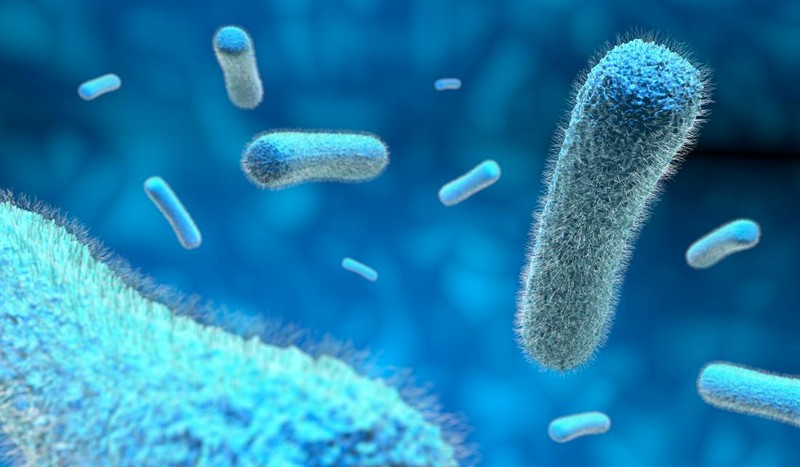Microbes, often referred to as microorganisms, are tiny living organisms that play a profound role in our daily lives. Though invisible to the naked eye, these minuscule creatures have a massive impact on human health, the environment, and various industrial processes. In this blog, we will explore the diverse and essential functions of microbes in our day-to-day existence.
Supporting Our Immune System
Microbes have a significant influence on our immune system. The human body hosts trillions of beneficial microbes that reside in the gut, known as the gut microbiota. These friendly bacteria help in digesting food, synthesizing vitamins, and strengthening our immune defences. A balanced gut microbiome contributes to better overall health and protects against certain diseases.
Microbes and Food Production
Microbes have been utilized by humans for thousands of years in food production. From traditional methods like fermentation to modern biotechnological processes, microorganisms play a crucial role in transforming raw ingredients into various food products. Yoghurt, cheese, bread, and pickles are just a few examples of delicious foods produced through microbial fermentation.
Environmental Balance
Microbes are essential players in maintaining ecological balance. They are primary decomposers, breaking down dead organic matter and recycling nutrients back into the environment. Without them, the planet would be buried in waste. Additionally, some microorganisms can remediate pollutants and toxins, helping to clean up contaminated environments.
Biotechnology and Medicine
Microbes have revolutionized the fields of biotechnology and medicine for fungi. They are harnessed to produce a wide range of pharmaceutical products, such as antibiotics, vaccines, and insulin. Additionally, genetic engineering techniques allow scientists to modify microbes to produce enzymes and proteins with medical, industrial, and agricultural applications.
Wastewater Treatment
Microbes play a vital role in wastewater treatment processes. In sewage treatment plants, certain microorganisms break down organic matter, purifying the water before it is released back into the environment. This eco-friendly process helps prevent water pollution and protects aquatic ecosystems.
Fermented Beverages
Fermentation, the metabolic process carried out by microbes, is responsible for the creation of various alcoholic beverages like beer and wine. Yeast, a type of fungus, converts sugars into alcohol and carbon dioxide during fermentation. These beverages have been an integral part of human culture for millennia.
Final Thoughts
From enhancing our digestive health to aiding in food production and environmental sustainability, microbes are true unsung heroes in our daily lives. These tiny organisms perform countless essential functions that contribute to our well-being and the health of the planet. As we continue to explore and understand the world of microbes, it becomes increasingly clear that they are not merely invisible creatures but indispensable partners in our journey through life. Embracing their significance and harnessing their potential responsibly can lead to more sustainable and healthier living for both humans and the environment.


